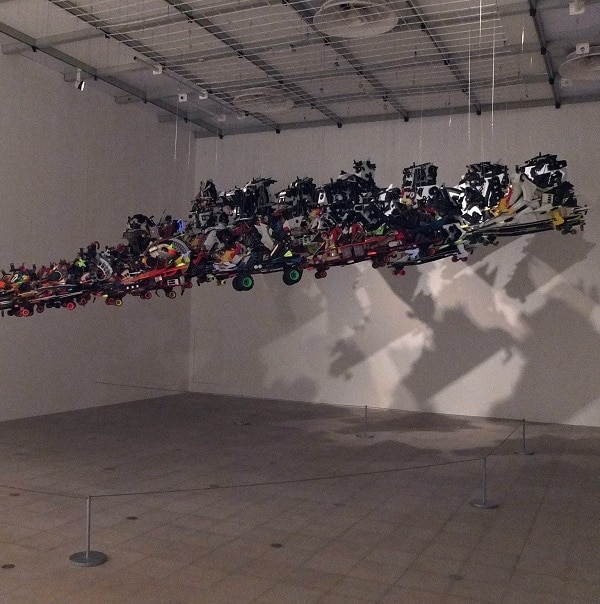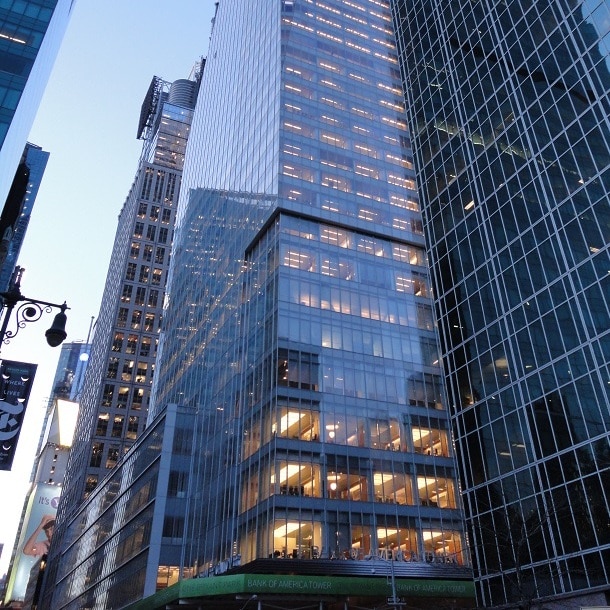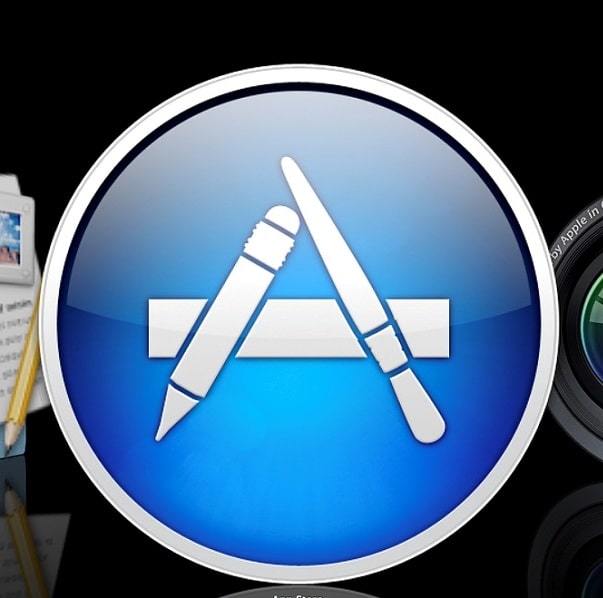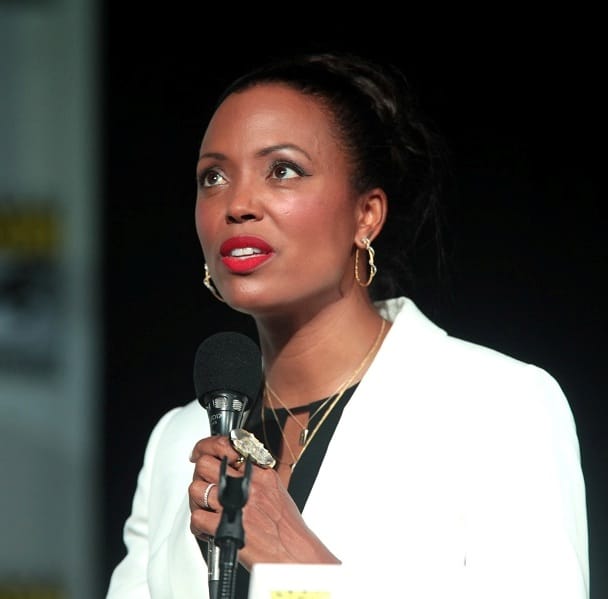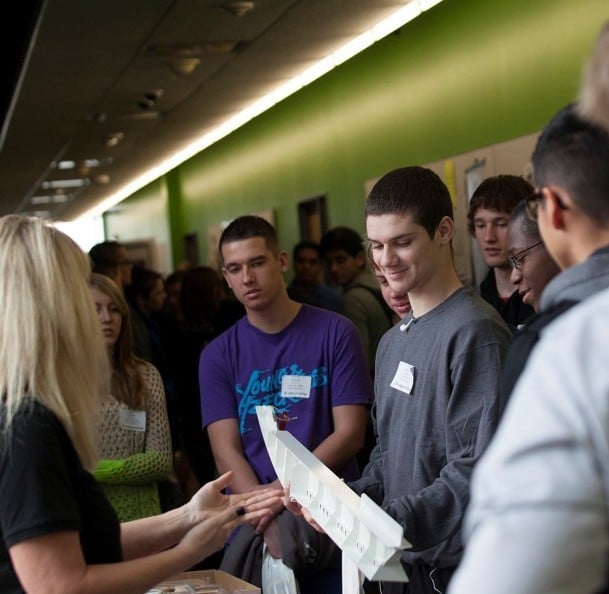The term “futurism” typically calls to mind a forward-looking aesthetic or theme that envisions the prospective future of humanity. If popular speculative/sci-fi media, art, literature, and film are any indication, the images that people typically draw to mind when envisioning the future involve post-apocalyptic aesthetics and landscapes, highly advanced technology, and interplanetary or outerspace travel.
Glaringly absent from these visions of the future, however, are diverse cultures and complicated, intersectional identities. Although creators of speculative fiction have been able to successfully conceive of novel technologies, map out the future of humanity, and envision new worlds in science fictional narratives, traditional sci-fi has, on the whole, failed to transcend the social hierarchy, supremacy, and privilege that plague our present-day realities.
In a traditional speculative world, these narratives replay over and over, where the marginalized are virtually non-existent or play exceptionally minor roles, seemingly due to inferior genetics and an inability to adapt to changing social and environmental conditions.
This is where afrofuturism as a genre, lens, community, and practice becomes important, not as a response or reaction to the lack of representation, but as testament to the fact that not only have Black folk (along with other marginalized groups) already made it into the future, we are, in fact responsible for shaping it.
The term afrofuturism, coined in the 1993 essay “Black to the Future” by cultural critic Mark Dery, is today generally understood to be one of the umbrella terms for the substantial Black presence in the worlds of sci-fi, technology, magic, and fantasy.
Distinctive from other notions of genre-based futurism, afrofuturistic concepts of sci-fi, fantasy, myth, and speculation bind both the past and future, delivering them to a “now” in visual, literary, musical terms, and any other mode of expression that one sees fit to attach the lens to.
Afrofuturism is visionary and retrospective and current all at once, recognizing time as cyclical, spiral, revolving, and usually anything but linear, much like the space-time traditions of our ancestors from the motherland. In this way, afrofuturism creates a perpetually accessible bridge between ourselves, our ancestors, and our descendants, between our futures and our pasts, reminding us that we are a part of the future that our foremothers and fathers shaped because their experiences remain embedded in our experiences and give context to our choices.
Under this interpretation of afrofuturism, I find it to be a potent– even if at times imperfect — platform upon which I can launch my own science fiction/science possibility stories and practices. The community, imagery, theory, and language that I came across in afrofuturism and Black sci-fi inspired the creation of my own organization, The AfroFuturist Affair.
Founded in Philadelphia in 2011, The AfroFuturist Affair was formed to celebrate, strengthen, and promote afrofuturistic and Black sci-fi culture through creative events, community workshops, blogging, and creative writing. We use proceeds from events to fund the Futurist Fund Community Grant, which serves underserved members of the community in need of emergency assistance funds.
Afrofuturism has also helped me to find very natural connections between the work I do as a legal services attorney providing free legal assistance to poor Philadelphians, my own experiences growing up as a young Black nerd, and the speculative fiction phenomenon.
Over the next six months, my pocket of space-time on Blerd-Out will explore the intersections of technology, speculative fiction, Black/African-American culture, and their roots and ties to ancient African traditions of technology, science, and cosmology.
R. Phillips is a Philadelphia public interest attorney, speculative fiction writer, the creator of The AfroFuturist Affair, and a founding member of Metropolarity.net. She recently independently published her first speculative fiction collection, “Recurrence Plot (and Other Time Travel Tales).”

